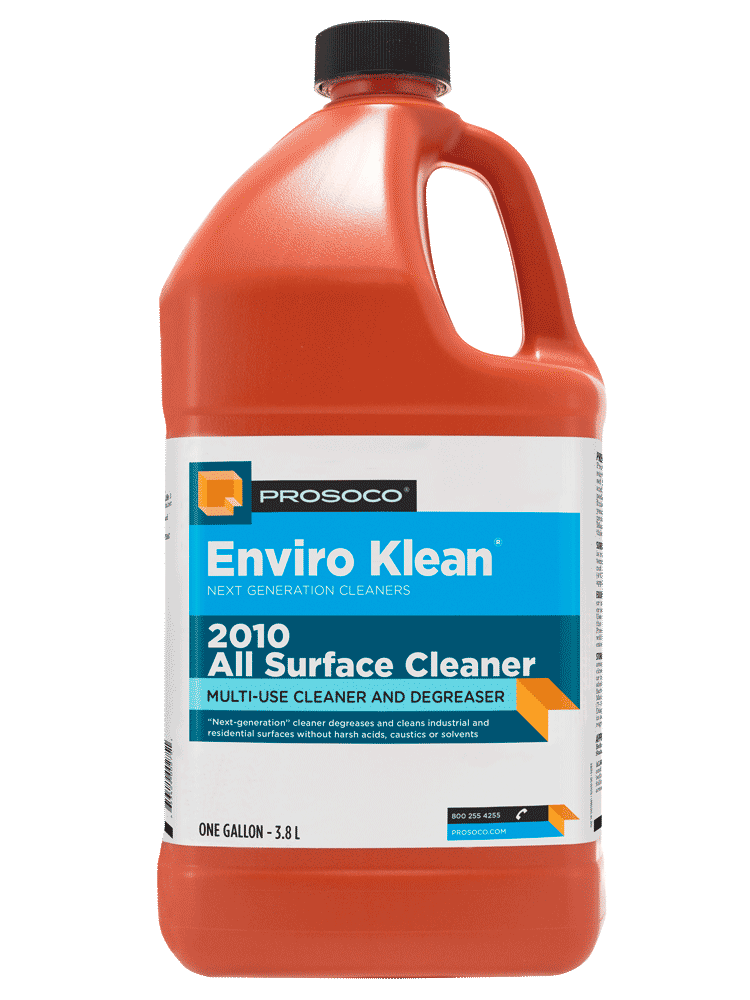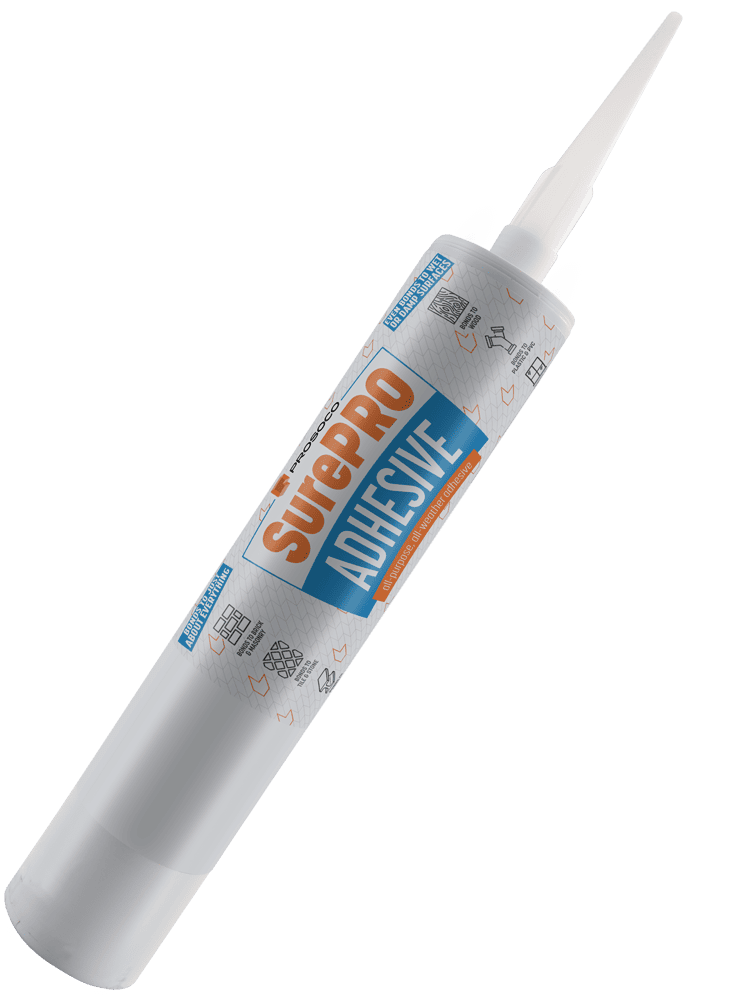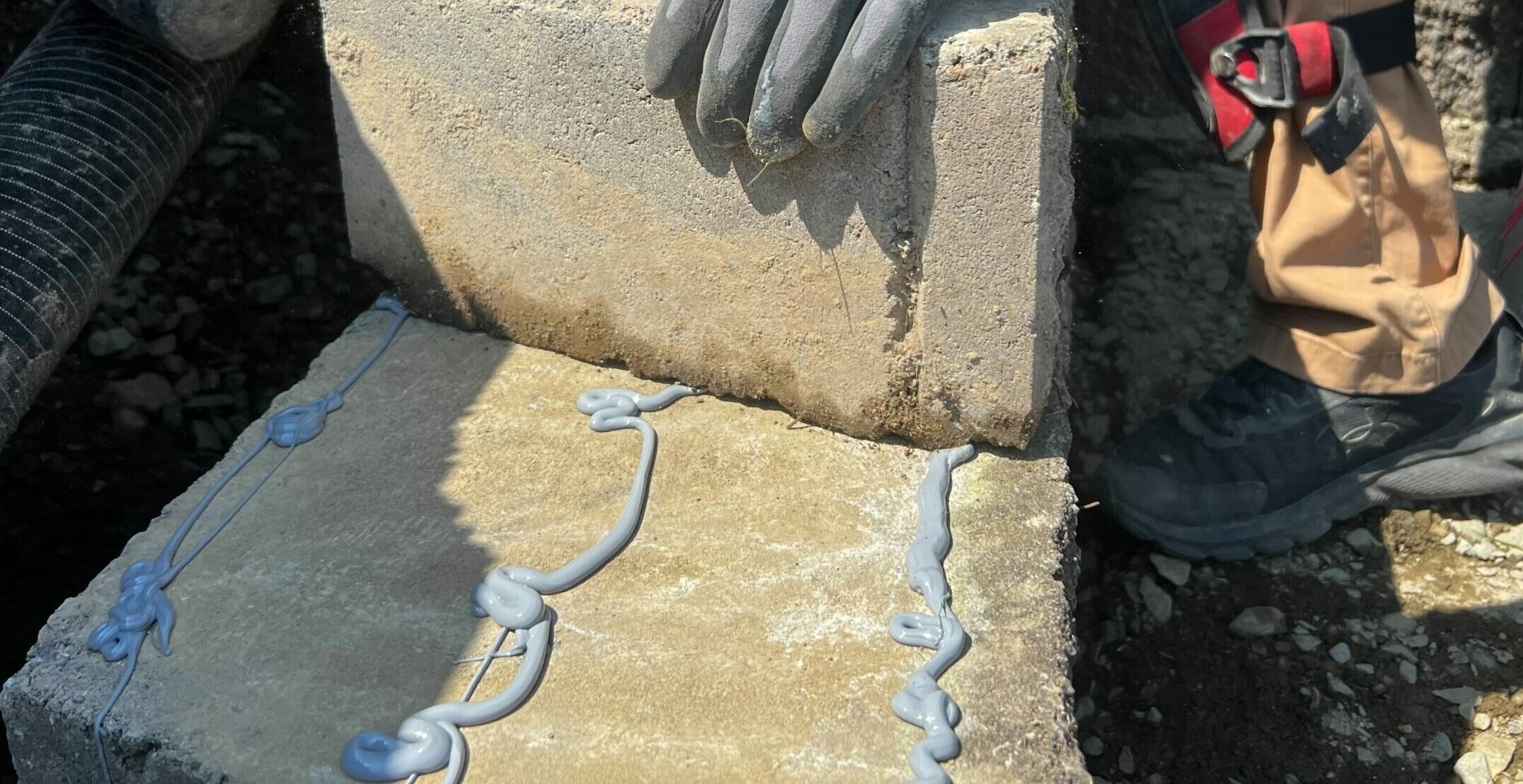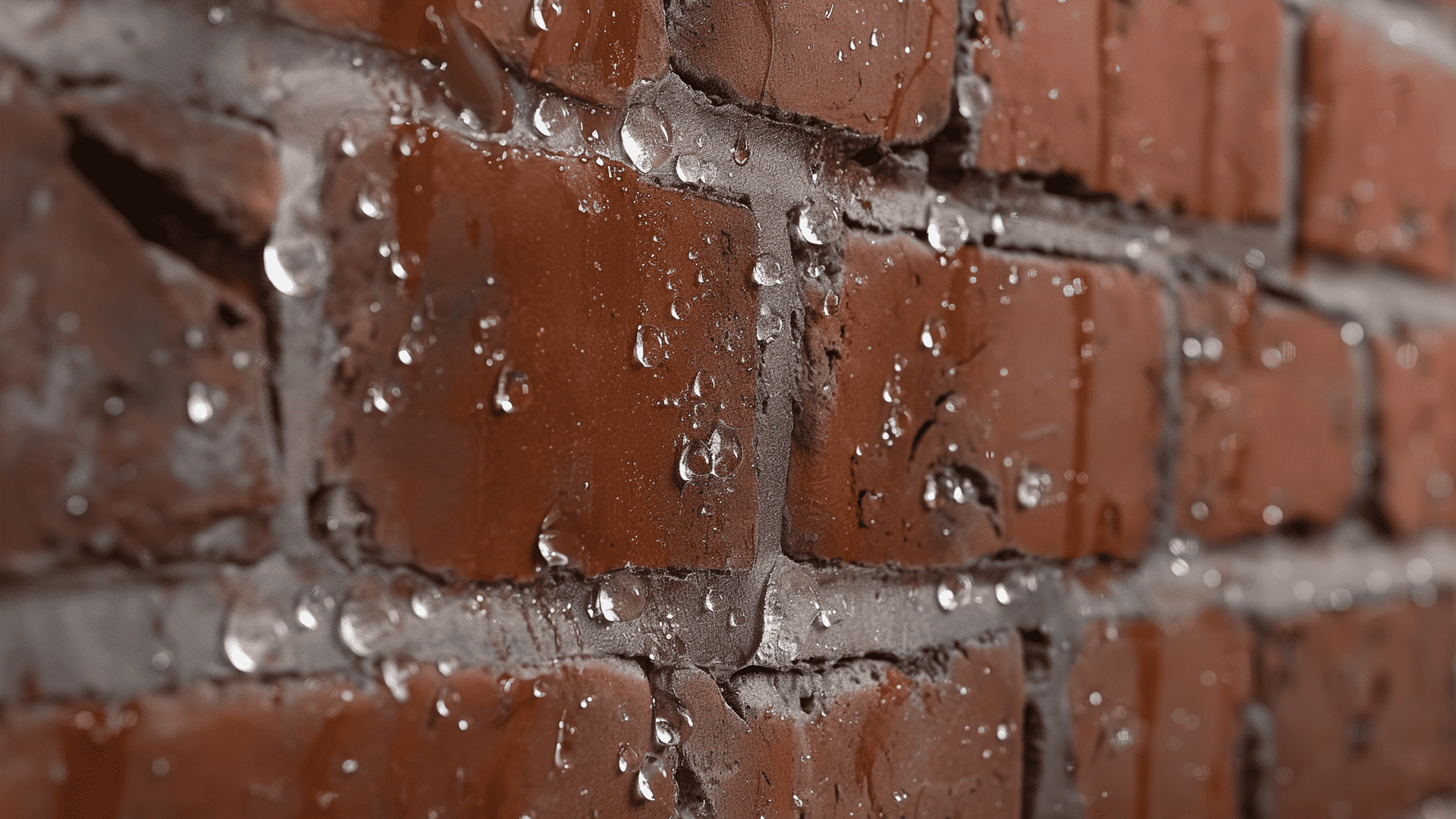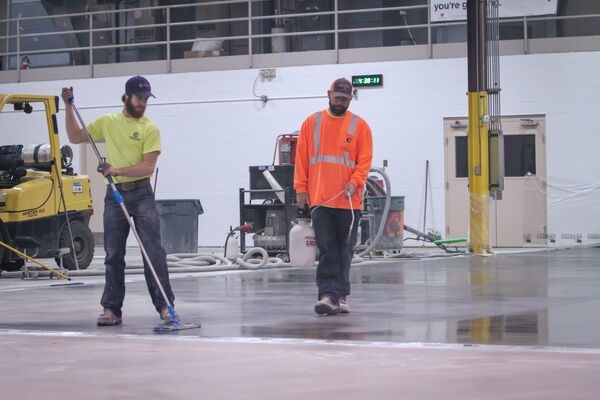Whether it's a wobbly brick step, a crumbling garden wall, or an unstable patio, loose bricks can pose both aesthetic and safety issues. Understanding how to repair these problems is crucial for not only preserving the visual appeal of your property, but also for maintaining its structural integrity.
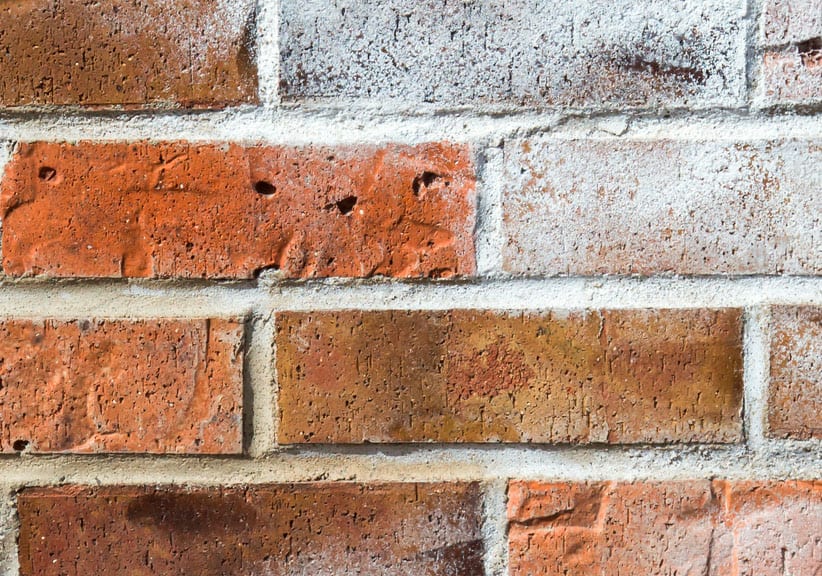
The Importance of Secure Bricks
Loose bricks are a common issue in a variety of structures, from walls and chimneys to walkways and brick steps. Over time, weather conditions, ground movement, and natural wear and tear can cause bricks to loosen which can compromise the stability and aesthetic appeal of the structure. Left unattended, a single loose brick can lead to a domino effect that destabilizes other bricks and ultimately causes extensive damage.
Common Brick Problems: Identification and Locations
There's an array of problems that can affect bricks, and identifying them early can prevent further damage. Some common issues are:
Efflorescence
Efflorescence is a white, chalky substance that appears on the surface of the bricks. It is primarily caused by water-soluble salts present within the brick or mortar, which, when exposed to moisture, migrate to the surface and crystallize as the moisture evaporates. While efflorescence itself is not harmful, it can be a sign of excessive moisture within the brickwork, which could lead to other issues down the line.
Spalling or Surface Flaking
Spalling, also known as surface flaking, occurs when the surface layer of the brick starts to peel off or flake away. It's often caused by moisture penetration, freeze-thaw cycles, or the use of improper materials during construction. The moisture absorption causes the brick material to expand and contract, which leads to the surface flaking off.
Spalling is commonly observed in brick stairs and patios that are exposed to heavy foot traffic and weather elements. If not addressed promptly, spalling can weaken the brick structure and increase the risk of loose bricks.
Delamination
Delamination is another brick issue where layers within the brick start to separate or split. Unlike spalling, which affects the surface, delamination impacts the integrity of the brick itself. This is typically caused by manufacturing defects or installation errors, such as using a mortar mix that's too rich in cement.
Delamination can occur in any brick structure, but is especially problematic in walls and patios, as it can lead to instability and potential collapse of the structure.
Loose Bricks
Loose bricks can be found in various locations. They're most common in areas exposed to the elements, such as external walls, garden walls, chimneys, and brick steps. However, they can also occur in indoor structures, such as brick fireplaces or interior brick walls, particularly in older buildings.
Cracked Brick
This problem typically occurs in areas exposed to extreme temperature changes or heavy traffic, like walls and steps. Fluctuations in temperature can cause the brick to expand and contract, which can lead to cracks.
Mortar Problems
Mortar deterioration is often found in older structures where the bonding material has aged and weakened. This issue is prevalent in patios and walkways, which are frequently exposed to the elements.
Is It Possible to Fix Loose or Damaged Bricks?
Yes, fixing loose or damaged bricks is not only possible, it is crucial for maintaining the structural integrity of your brickwork. The repair approach depends on the extent of the damage. Minor issues can often be resolved without professional intervention, while significant damage might require more comprehensive measures.
Repairing Loose Bricks on Patios
To repair brick steps, start by removing the damaged mortar and clean the area. However, given that patios often have a broad surface area, make sure to ensure a level surface for your application of adhesive for an even and aesthetically pleasing finish. Use a long, straight edge to ensure proper alignment with the rest of the patio.
Repairing Loose Bricks on Walkways
Walkway repairs are akin to patios, but pay extra attention to the alignment of bricks, as uneven surfaces can pose tripping hazards. Check for level edges from side to side as well along the length of the walkway.
Repairing Loose Bricks on Walls
Wall repairs may require more precision due to the vertical alignment. Ensure that the adhesive is applied evenly and the brick is securely placed to avoid shifting. Carefully check the brick surrounding the loose brick and repair all that are even slightly loose.

Say Goodbye to Loose Bricks with PROSOCO High-Quality Adhesives
Don't let loose bricks compromise the safety and aesthetics of your home or property. Choose PROSOCO's Adhesive today for a robust, reliable, and long-lasting solution. Whether it's steps, patios, walkways, or walls, we've got you covered.
Contact us today and speak with our expert staff!
